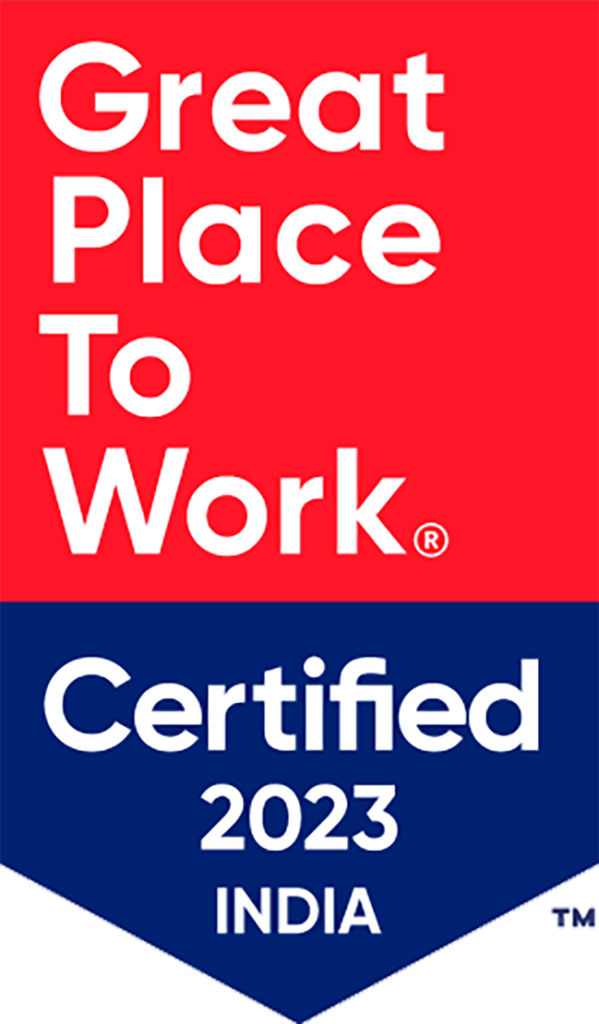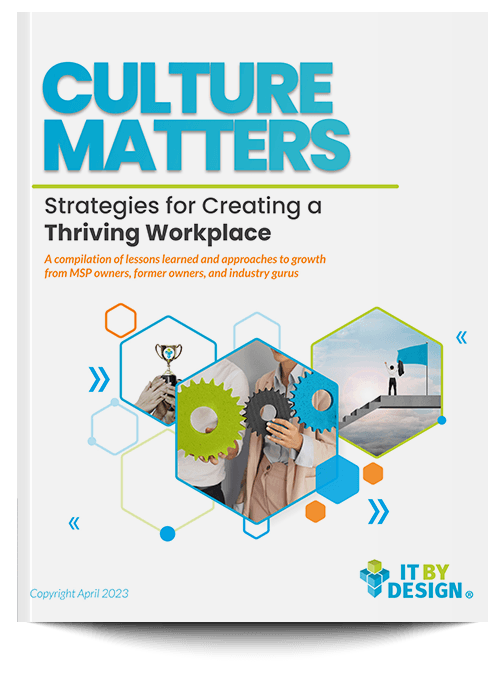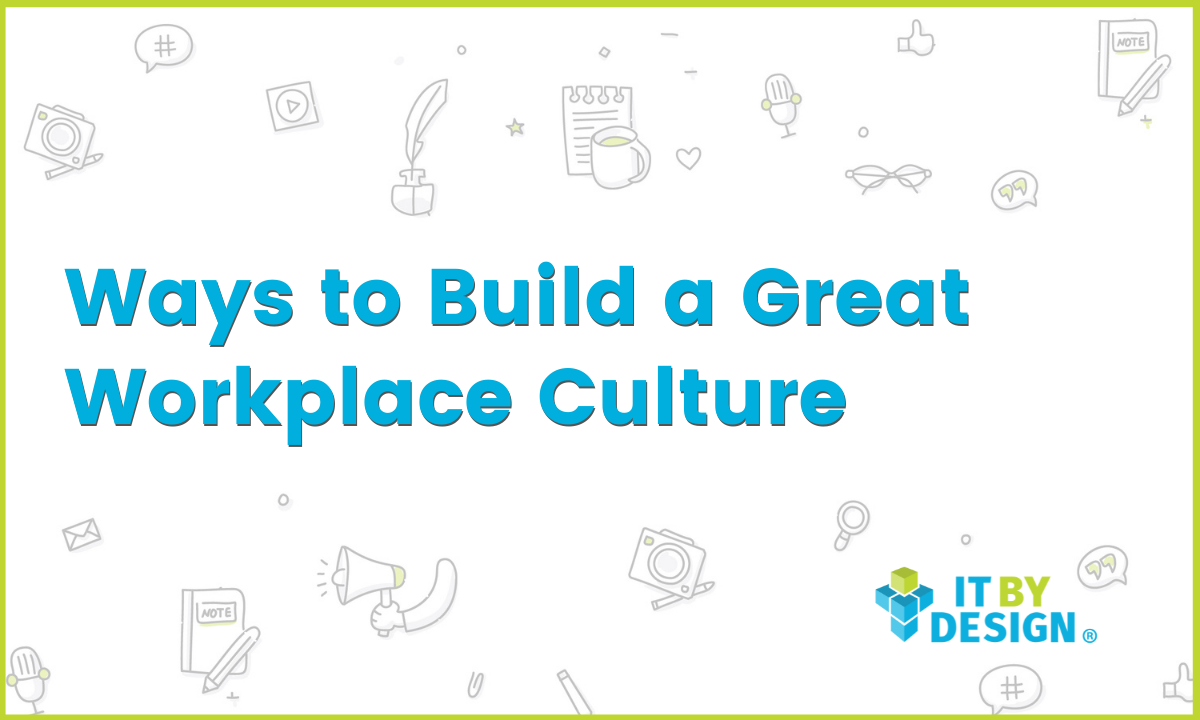Positive work culture is hugely important to the success and overall health of an MSP, its people, and its customers. From my personal experience of nurturing a culture of mutual trust at IT By Design, I can assure you that it isn’t a buzzword, but an element to success. It is hard to define culture; it’s difficult to measure it. Culture changes as your business changes; it changes as people change.
However, by being intentional with your core values and cultural initiatives, you can create a work environment that will inspire your team and help your MSP thrive. To discuss such cultural initiatives, I chatted with James Pearson from The Computer Center. James, who has written several IT-focused books and roleplaying game supplements, and I also discussed what role EOS tools and employee engagement surveys can play in creating a culture of WOW.
Try old-fashioned “pep talks”
With many employees still working from home, it is important to replicate your in-office culture in a remote environment, including moving meetings to video conference calls. Sometimes it’s tricky to transition the usual in-person meeting interaction to video meetings and achieve the same results.
To have the remote experience mimic the office experience, ask your team leads to start their day by popping the most important questions into daily huddles: “Where are we stuck today?” or “What do we need to do today?” For those of you using the EOS framework, it is important to stick to the cadence of daily huddles and L10s.
Sometimes, you may need to add more time for conversation with the team. And, that’s okay. Adding bi-weekly or weekly virtual town halls and augmenting morning huddles with short evening recap calls are also ways to leverage existing EOS recommendations in slightly new ways. Don’t forget to have each team member’s accountability chart and quarterly scorecards updated and continue touchpoints such as 5-5-5s—out of sight cannot mean out of mind.
Keep it transparent
Encourage everyone in the team to attend town halls (live or virtual) where you reiterate the team’s shared objectives and how you are going to achieve your quarterly goals. Remember to concentrate on having a dialogue and active listening rather than indulging in a monologue. You must encourage your team to ask anything during these town halls so they know you are being transparent—it could be concerned about meetings, budget cuts, or losing clients—as long as they know it is a safe forum for questions.
Cross collaborate and reward learning behaviors
Team members who have successfully learned new skills and abilities should be recognized as a way to encourage others to follow suit. By rewarding them with points and badges, you can motivate them to keep on learning in a fun way. Leaderboards can add a friendly competitive edge to let everyone see who’s engaged in the training more than others. Motivate these learners through acknowledgment of their achievements during their annual reviews too, showing them how their contributions are shaping your MSP’s future. This will show your team that you value the work they put into learning.
Hire for core values
Let’s be real. Technical skills can be learned, but certain behavioral values cannot be instilled even in the most technically brilliant person in the world. This is why hiring for culture fit is important maybe even more so than before. Values-based hiring prioritizes specific values, beliefs, and aspirations when attracting, hiring, and promoting talent. By focusing on specific core ideas, you will be able to build a team of like-minded people or similar personalities for the job.
While hiring, ensure culture/project fit by using your own “People Analyzer” tool. To create the People Analyzer, list all your core values in one column against your employees in one row, and mark if they exhibit this quality all of the time, some of the time, or none of the time. This exercise will paint a clear picture of who fits the culture you’re building and who doesn’t.
Keep tabs on your efforts
Conducting employee surveys to establish benchmarks in areas such as knowledge and performance is a good way to start. Over time, you can then measure against those variables to gauge learning’s impact on employee retention and internal mobility.
Also, don’t forget to assess how employees are responding to your training methods, and not just the results of your learning initiatives. Are they taking advantage of the learning opportunities you’re offering? Are they using the LMS you set up? The results will help identify which approaches and learning methods are the most popular and effective.
Rope in fun activities as mental breaks
In a brick-and-mortar setting, it was easy for everyone to socialize. In a remote work setting, however, you have to intentionally create moments for these fun breaks. To keep your talent engaged socially, have virtual happy hours planned. Each week, hop on a Zoom video call to talk to your team about anything but work. At IT By Design, we have introduced a range of employee engagement clubs – The Movie Club, Ladies’ Lunch, and Fun Friday quiz competitions. Having these activities in place helps us make up for all those post-lunch chats and hallway small talk that our teams miss out on when working remotely.
Final Thought: Regardless of the size of your MSP, creating a positive work culture can help you attract and retain top talent and launch your business on the path to success. Find out what aspects of your culture are most important to your people. Discover what your people value most and support that in your efforts. Congratulations, you’re one step closer to creating a culture of WOW.







